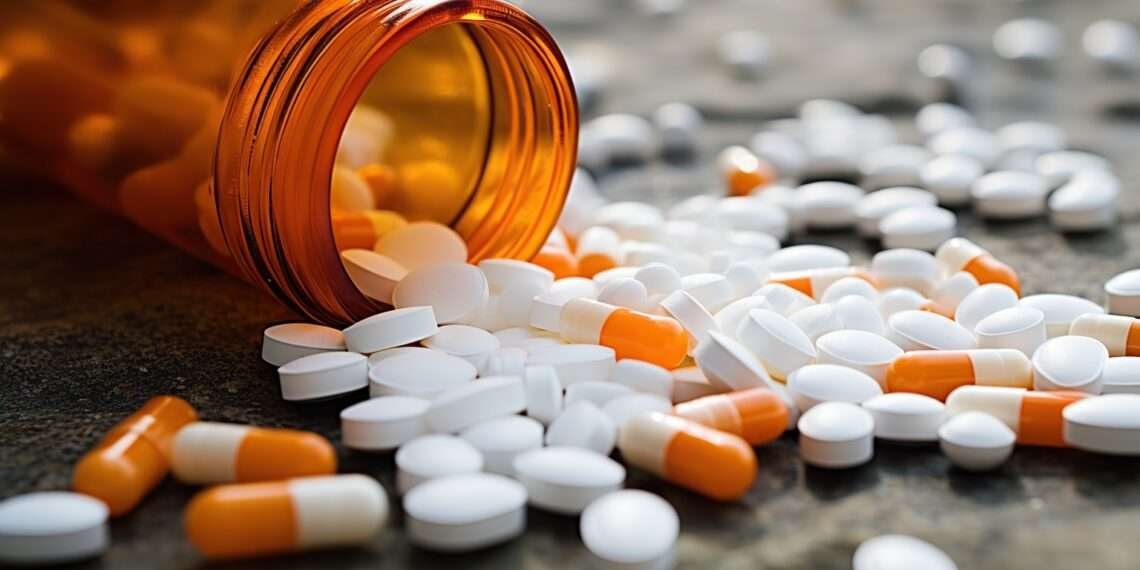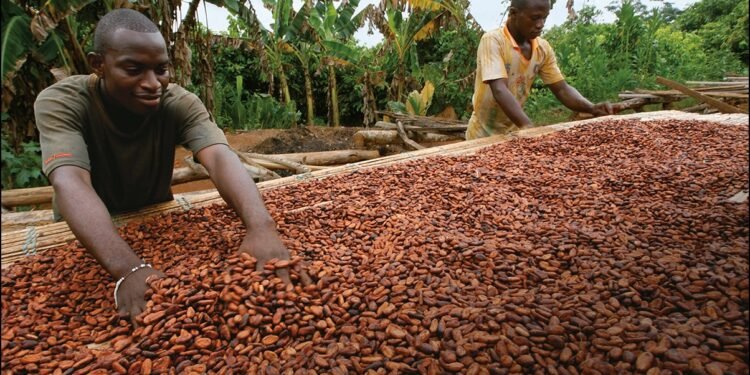The Pharmaceutical Society of Ghana (PSG) has raised an alarm about the potentially devastating consequences that illegal mining activities, commonly known as ‘galamsey’, could have on the country’s pharmaceutical industry.
The Society warned that the continued environmental degradation, especially the pollution of water bodies, could lead to the importation of water for the local manufacturing of drugs—a situation that would have significant economic and public health implications.
According to the President of the Pharmaceutical Society of Ghana, Samuel Kow Donkoh, illegal mining activities have already caused severe contamination of water bodies, which is increasing the cost for pharmaceutical companies to treat water.
“The activities of illegal mining have devastated our water bodies, making it expensive for pharmaceutical companies to treat water for production purposes.
“If this environmental degradation continues, we may soon have to import water to support our local manufacturing industry.”
Samuel Kow Donkoh, President of the Pharmaceutical Society of Ghana
At the Society’s Annual General Meeting, Mr. Donkoh expressed grave concern over the potential long-term effects of this contamination, suggesting that the pharmaceutical industry might soon face the unprecedented necessity of importing water to sustain its operations.
The president emphasized that the industry cannot afford to compromise on the quality of its products.
“The production of essential pharmaceutical products depends on access to good-quality water. We cannot afford to compromise on the quality of our drugs. The health and well-being of our citizens depend on it.”
Samuel Kow Donkoh, President of the Pharmaceutical Society of Ghana
Water plays a critical role in the production of pharmaceuticals, not only in the formulation of products but also in cleaning manufacturing equipment and ensuring a sterile production environment.
Contaminated water, especially with chemicals from illegal mining, could introduce impurities into medications, rendering them unsafe for consumption. The financial burden of filtering and purifying this contaminated water has already impacted local pharmaceutical companies, with production costs rising as a result.
Should the pollution levels continue to worsen, the pharmaceutical sector could face severe supply chain disruptions. Importing water would significantly increase production costs, driving up the price of essential medicines and potentially limiting access to life-saving drugs.
Government Efforts to Address the Crisis

In response to these concerns, Presidential Advisor on Health, Dr. Anthony Nsiah Asare, reassured the public that the government is taking steps to combat illegal mining and mitigate its effects on industries, including pharmaceutical production.
“There are laws in the country, and we will make sure they apply, but the fight is holistic, so everybody should be on board. We are calling on all political parties to put their hands under a pact.”
Dr. Anthony Nsiah Asare, Presidential Advisor on Health
The government’s response is seen as a critical measure in not only safeguarding the health of the population but also in protecting local industries from the rising costs associated with environmental degradation.
However, the PSG emphasized that this must be a sustained and multi-sectoral effort to address the broader consequences of illegal mining.
The PSG also urged political leaders, civil society, and all stakeholders to join the fight against illegal mining, recognizing that the health and well-being of the population are closely tied to the environmental sustainability of the nation.
The contamination of water bodies is not only an issue for pharmaceutical manufacturers but also poses a direct threat to public health, with polluted water sources being linked to diseases and health complications.
The illegal mining crisis and its far-reaching effects are seen as a test of the government’s commitment to environmental protection, public health, and industrial development.
The PSG is pushing for swift and coordinated action, arguing that time is of the essence if the country is to avoid importing water for pharmaceutical production and ensure the sustainability of the local drug manufacturing sector.
READ ALSO: Sudan’s Capital Rocked by Airstrikes Amid Cholera Crisis























